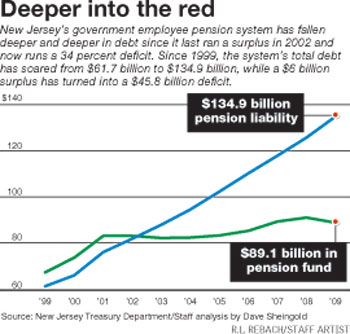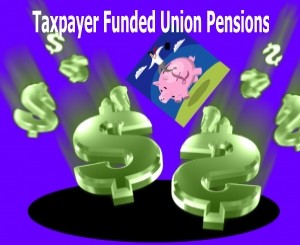Organized Labor Bosses 'Own' ObamaCare
Scheme Injurious For Millions of Unionized Workers, Retirees
(Source: April 2010 NRTWC Newsletter)
Last month, the Big Labor Congress gave final approval to, and President Barack Obama signed into law, what is surely the greatest expansion of federal government power over consumers, employees and businesses since last century's Great Depression.
And, even more than Mr. Obama, U.S. House Speaker Nancy Pelosi (D-Calif.), U.S. Senate Majority Leader Harry Reid (D-Nev.), or any other elected official, top Big Labor bosses are responsible for Congress's reconstruction of America's enormous health-care system.
On March 22, the day after the House rubber-stamped both H.R.3590, the version of ObamaCare Mr. Reid had rammed through the Senate early Christmas Eve morning, 2009, and a "fixer" bill (H.R.4872) amending the Senate measure, the nonpartisan Center for Responsive Politics (CRP) demonstrated how it all happened.
"Supporters of both measures received out-sized support from labor unions," concluded the CRP's Michael Beckel in his legislative wrap-up.
He went on to specify that, since 1989: "Members who voted for both bills received an average of about $917,500" in reported contributions alone from labor union bosses.
Furthermore, in "the final push for a vote," many union bosses and union operatives "also displayed their clout through threats to withhold endorsements from lawmakers who failed to back the bill. They also vowed to support primary challenges or third-party bids against incumbents who opposed the bills."





